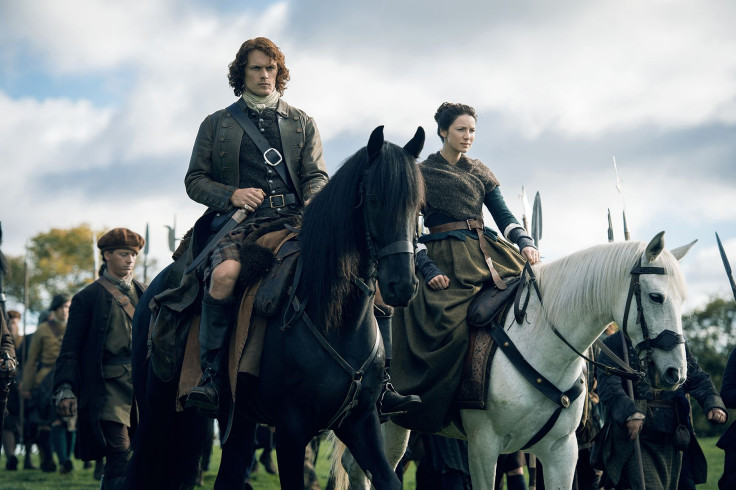Lionsgate (LGF) Buys Starz (STRZA): Winners And Losers In Massive $4.4B Deal

Independent studio Lions Gate Entertainment just closed a massive $4.4 billion deal to buy premium cable network Starz.
The deal, between the network that brings you “Outlander” and the studio that brought you the “Hunger Games” movies and “Mad Men” has been rumored for more than a year and is yet another example of the ranks-closing in the TV industry as everyone tries to figure out how to make the most money from making things people want to watch.
And like any deal, there will be winners and losers:
Winner: Starz
Despite making giant strides in the last couple years, thanks to shows like “Power” (produced by CBS Television Studios) and “Outlander” (produced by Sony), the network is still battling the perception that it’s the redheaded stepchild of premium cable. Starz now has a direct pipeline to everything Lionsgate produces, or has produced in the past. Theoretically, this means all those back seasons of “Mad Men” could end up on Starz, rather than their current home on Netflix.
Loser: Netflix
Lionsgate produces “Orange Is the New Black,” one of Netflix’s crown jewels. It isn’t suddenly going to pull the show from Netflix; nor will it stop selling shows to the streaming giant. But with Netflix’s emphasis on its show purchases including global distribution rights (taking away the studio’s ability to sell international rights in piecemeal fashion), it might now be more attractive for Lionsgate to simply sell to itself more often than not, and to give the movies it produces to Starz.
Winner: Cord-Cutters
Starz has been available as an internet-only offering for about six months now, tacked on to an Amazon Prime subscription for $8.99 a month. The Lionsgate deal will theoretically add more movies and shows to the library available.
Loser: Sony
Sony is one of the few TV-making studios not associated with a network — a la Universal and NBC, CBS Television Studios and CBS, FX Productions and FX. Being a free agent is great, particularly when the shows you produce end up being some of the highest-rated ones on TV. You get U.S. networks to pay for your shows, then make buckets of money selling the rights internationally. But having a ready-made home for your shows is also nice, as Lionsgate is discovering, and while the risks are greater for producing in-house, the rewards can be even greater, which is why more and more networks are concentrating on developing their own shows.
In response, Sony has been betting on the future by creating and feeding streaming network Crackle, but the free, ad-supported service has yet to truly take off in the same way that, say, Hulu has.
© Copyright IBTimes 2024. All rights reserved.






















